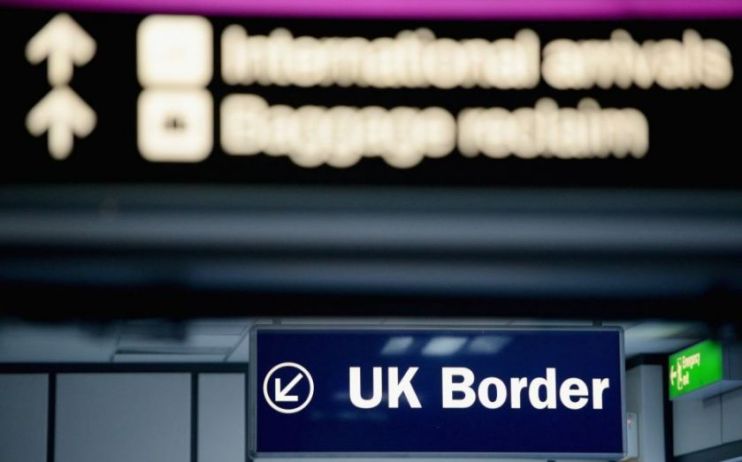Businesses need to be heard on immigration

Over the last few years, the Home Office has managed to preside over the Windrush debacle, been forced to apologise for a heavy-handed refusal to issue visas because of minor administrative errors, and admitted that it has no idea of how many customs agents it has.
It is, in short, a department in which things seem to go wrong with alarming regularity. It now has to build a brand new immigration system by the end of 2020.
So the proposal by the CBI, IoD, FSB and a host of other acronym-soup trade bodies to offer significant support to the government in drawing up a new immigration regime is very welcome indeed.
Their asks, delivered in a letter to home secretary Priti Patel today, are sensible.
Flexibility for skilled workers in the points system and a new sponsorship process for migrants and their employers are vital parts of any functioning, modern system.
A temporary route for workers who might not hit the points threshold or get in through sponsorship should allow some sectors who rely on labour from abroad to thrive even after the end of free movement.
But most sensible of all, a salary threshold “set at a level that supports the economy and protects wages”. The question of whether cheaper Labour from abroad suppresses pay (especially in low-skilled work) remains contentious.
The evidence suggests that the link is not straightforward, but many workers think and feel differently. That the business groups now appear to recognise the sensitivity of this debate is to be welcomed.
Increasing pay, upskilling a domestic workforce and levelling up the economy are clear objectives for this government, so ministers are unlikely to be sympathetic to employers’ groups who appear interested only in accessing affordable labour.
However, the government must not go forward with proposals to extend the £30,000 salary threshold for skilled workers from non-EU nationals to all foreign nationals after Brexit.
Instead this threshold must be lowered, and there are encouraging noises from Whitehall that this will happen. New research from the Federation of Small Businesses, released today, makes clear why.
Simply put: the vast majority of smaller employers can’t find the cash, no matter how much they’d like to, to pay £30,000 for the roles that migrant labour looks set to fill.
The government has a tough job on its hands to build an immigration system from scratch in 11 months. Business has plenty of real-world experience in what the economy needs.
The interests of employers, voters, migrants and politicians rarely align, but in this instance the Home Office, of all government departments, should be all ears.
Main image: Getty